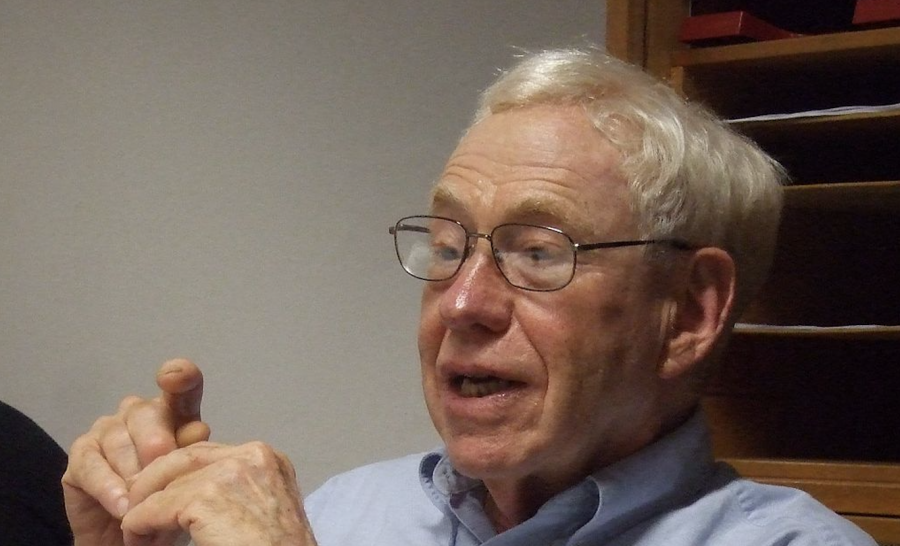Last week, Smarthistory, the makers of outstanding free art history videos, launched a novel fundraising campaign using Kickstarter, a fundraising platform for the arts world. The goal? To raise $10,000 to fund 100 new art history videos (like these), which will collectively create a free alternative to the traditional and very expensive art history textbook. Below, the founders of Smarthistory (Beth Harris, Juliana Kreinik and Steven Zucker) tell you more about the campaign. If you personally benefit from open educational resources, or support the idea of democratizing knowledge, we’d strongly encourage you to make a contribution to the Smarthistory campaign, which can be as small as $10. Take it away Beth and Steven…
A WEEK AGO, we launched a Kickstarter campaign to raise $10,000 to help us create 100 more videos for Smarthistory.org, the Webby-award winning art history open educational resource (OER). It was a great week thanks to our amazing community of supporters, and although we’ve raised nearly 50% of our goal, we need to keep this momentum going and would be extremely grateful for your support. These additional videos will make Smarthistory a truly viable, free alternative to the traditional and very expensive art history textbook. If you haven’t watched the video, or looked at our page on Kickstarter, take a moment to do that—it explains everything.
The OER community has has turned its focus to the question of sustainability, how often costly projects, can be sustained for the long term. Smarthistory.org was designed to be sustainable and to have minimal ongoing costs from the outset; our back-end uses MODx, an open-source content management system, and all of our content comes from voluntarily contributions. Last week, Philipp Schmidt, of Peer to Peer University, wrote a blog post about the possibilities of using Kickstarter to help support the OER and OCW (open courseware) communities. It will be interesting to see if Kickstarter is a viable means of support for open education initiatives like Smarthistory.
From inception, we have sought to be a synthetic resource that pushes beyond institutional boundaries—in terms of the collections we draw from, our academic contributors, and the students we serve. It’s worth noting that, in addition to being a means to raise funds, Kickstarter is also a measure of our project’s value for others. For us there is an important paradox, however, since the bulk of the people we serve—college students—are perhaps the least likely to support us with donations, and are less likely to have the financial means to do so. So far, the bulk of our donations have come from faculty, informal users, the OER and education/technology community, and our supporters.
In 2010, Smarthistory.org was visited more than half a million times by visitors from more than 150 countries. Nearly one hundred universities, libraries and museums now recommend Smarthistory and instructors are increasingly adopting it in place of the expensive textbook. The question is, can we transform this user base into a donor base. Please help us turn this goal into a reality (contribute here) and spread the word about Kickstarter. Maybe crowdsourced funding can offer a real alternative for open initiatives.
 Last week, MIT OpenCourseWare officially released its LectureHall iPhone app. Put simply, the free app gives you mobile access to MIT video lectures. It even lets you download lectures straight to your phone (handy for times when you may not have connectivity). Another plus: the LectureHall iPhone app adds a social dimension to the learning experience. Facebook integration, discussion forums, ratings & reviews of individual videos – they’re all layered in. And, just in case you’re wondering, an Android version of the LectureHall app is in the works.
Last week, MIT OpenCourseWare officially released its LectureHall iPhone app. Put simply, the free app gives you mobile access to MIT video lectures. It even lets you download lectures straight to your phone (handy for times when you may not have connectivity). Another plus: the LectureHall iPhone app adds a social dimension to the learning experience. Facebook integration, discussion forums, ratings & reviews of individual videos – they’re all layered in. And, just in case you’re wondering, an Android version of the LectureHall app is in the works.



